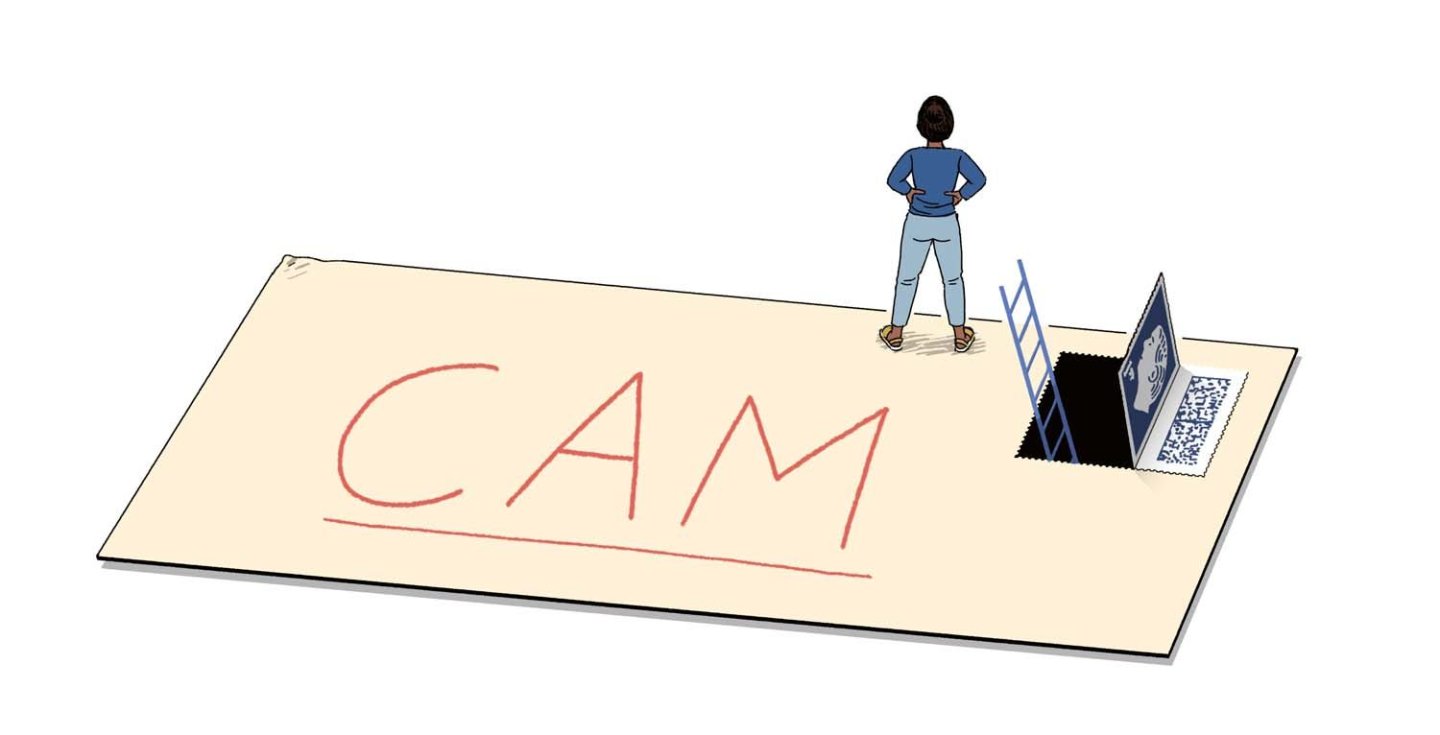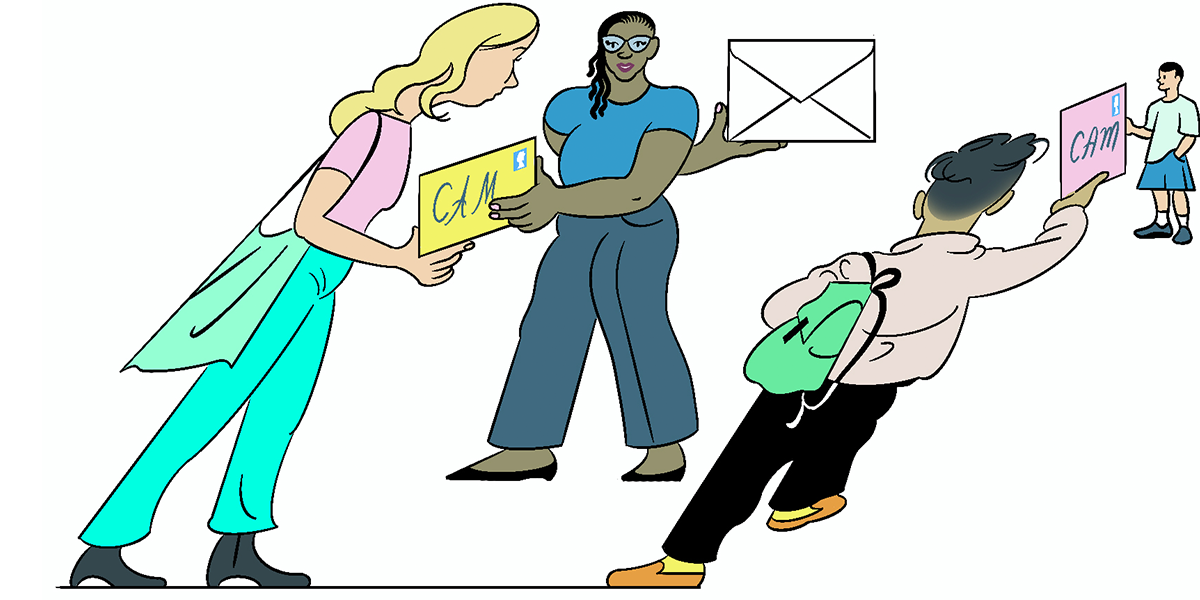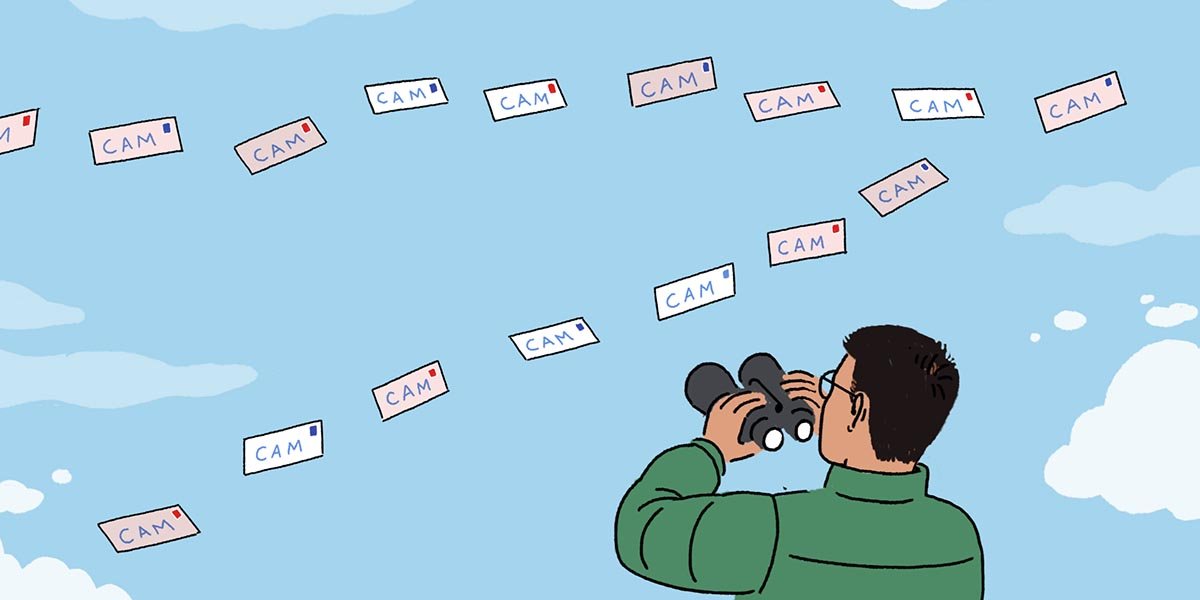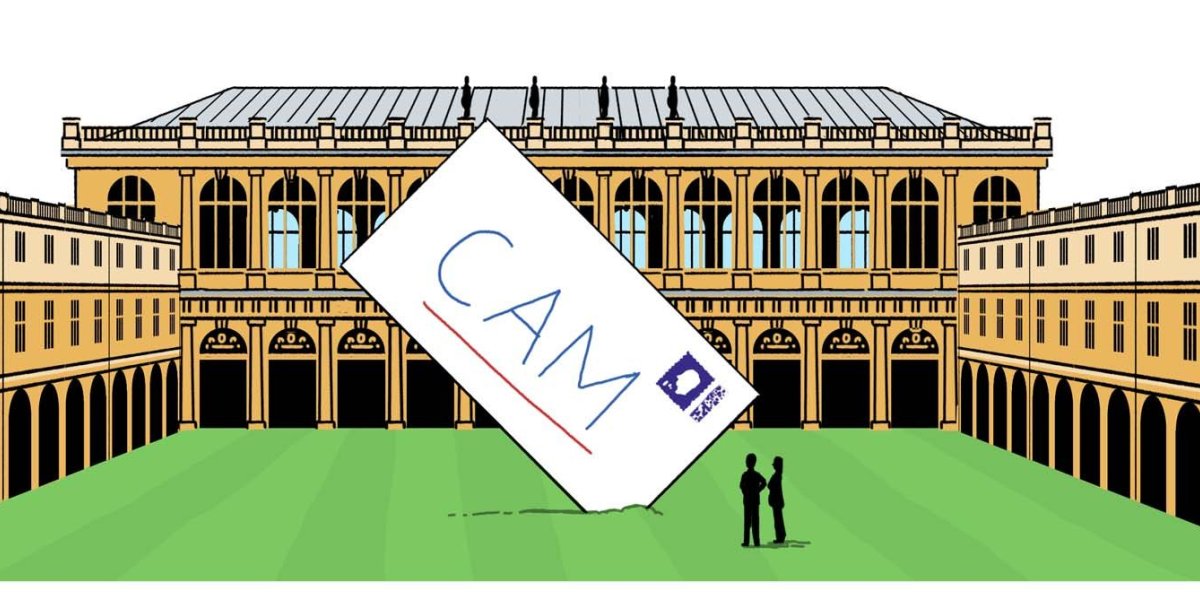Inbox: CAM 102

Welcome to the Easter edition of CAM.
It rains. The rules are complicated. Everyone has to get up at 6am (six days a week, for weeks and weeks on end). Is it worth it? Of course it is. Because there is nothing like the feeling you get rowing with pride, and possibly with flowers in your hair, in the College III – or IV, or even V – boat in the Bumps. Relive it all in this issue – and I promise we don’t mention ergs. Not even once.
However, while some of us were messing about on the river, others have been busy rewriting the rules of evolution. Forget the Tree of Life (so – quite literally – 19th century) and instead meet the Network of Life.
Meanwhile, if you’re planning to read the rest of this magazine on a sun lounger (excellent choice), might we suggest some rather magnificent bookshops to visit – and some fascinating summer reading? Celebrated readers, from Vick Hope (Emma 2007) and Professor Robert Tombs to Professor Lord Martin Rees and Sathnam Sanghera (Christ’s 1995), share their recommendations – and confess what they should be reading but, frankly, aren’t.
Elsewhere, Sandi Toksvig (Girton 1977) explains what she is doing back in Cambridge, and Dharshini David (Downing 1991) makes some surprising revelations as she revisits her old room.
On these topics – and on all things Cambridge-related – we look forward to your contribution to the debate, online, by post and email or on social media.
Mira Katbamna (Caius 1995)

Greeks bearing gifts
The story of Mike Brearley (Alumni life, CAM 101) needs completion: in the end, Dodi Rylands did not direct the Greek play (Clouds by Aristophanes), and Mike accepted the part of the god Hermes. I too was a performer in that performance and, on the last evening, my college teacher at Jesus, Moses Finley, introduced me to the Greek ambassador to London, George Seferis. George was a famous Greek poet, who a few weeks later sent me a gift, a paperback edition of some of his verse in translation.
Sidney Miller (Jesus 1961)
Kettle’s Yard
For me, Jim Ede’s generosity and hospitality at Kettle’s Yard was one of the great experiences of being at Cambridge. At various times I had drawings or paintings by Christopher Wood, Alfred Wallis and Ben Nicholson in my digs on Parker Street.
Nicholas Bielby (Downing 1958)
My room, your room
Whenever graduates of a certain age gather, there is often escalating boasting about who had the most challenging lavatory arrangements – John Simpson’s long corridor at Magdalene was capped by David Latimer’s snow- covered Gisburne Court crossing at Peterhouse. These inconveniences came about because of the ending of the use of chamberpots. Anthony Powell’s memoir, Infants of the Spring, recalls their vital importance. In 1923, his friend Alf Duggan came close to being sent down from Oxford because his scout reported him as being absent from his room overnight. Duggan had neglected to set up the usual ruse to fool the scout, which was to arrange “for a friend to untidy the bedclothes, and urinate in the chamberpot, the night before; thereby giving an impression that the owner had risen early and was already up and abroad.”
David Mills (Caius 1982)
This idea must die
Professor Roulet has identified that older generations typically assume their younger counterparts are less hard-working (This idea must die, CAM 101). However, he omits an important new generational difference. Recent research suggests Gen Z workers take more sick days, are twice as likely to suffer from depression as the average worker, and more than twice as likely to take time off due to stress compared with those over 55. To explore those more, the think tank Health Action Research Group, of which I am chair, is putting together an inter-generational research project to explore Gen Z’s perceptions of negative feelings compared with their grandparents’ generation, and we’d welcome any questions, suggestions or evidence.
Michael Baber (Downing 1968)
An ill wind
The bireme depicted on page 29 (CAM 101) can’t be making much headway – the wind is blowing it towards the right, but the galley slaves on the top deck are doing their best to propel it in the opposite direction; while those on the lower deck appear to have gone on strike!
Richard Holroyd (St John’s 1968)
A good story
Lucy Jolin’s interesting article on the power of stories/narrative includes a reference, headed 1896, to La Fée aux Choux, a film described as “arguably the earliest film to tell a story”. This claim might have some validity if the date were correct, but the film is more likely to have been made about five years later, by which time film stories were not uncommon. The later dating is supported by many members of the Association française de recherche sur l’histoire du cinéma (of which I am a member), but we are opposed by a large band of Alice Guy supporters who base their earlier claim on little more than Guy’s reminiscences. And the Guy-ites have the better narrative: a humble woman beat the well-established men! As your article puts it: “Forget facts. If you really want to win an argument… make sure you’ve got a really good story.”
Stephen Bottomore (King’s 1974)
In support of raw milk
I was disheartened to read that the University Farm sells its milk to a national corporate dairy and that Mark Holmes thinks that putting unpasteurised milk on cornflakes is not a very good idea. Pasteurised, homogenised milk and raw milk are two very different foods and there is growing evidence that raw milk has a number of health benefits. I work for an organic dairy farm that has pioneered direct sales of raw milk and associated products for more than 25 years. Hygiene is a top priority – they treat their milking parlour as a food preparation area and there are rigorous and regular health tests. Many of the thousands of customers buy the products for health reasons. The University farm might benefit from researching the opportunities that direct sales of raw milk could bring, not only to it but also to the people of Cambridge.
Paul Lovatt-Smith (Robinson 1980)
Write to us
We are always delighted to receive your emails, letters, tweets and facebook posts.
By email: cameditor@alumni.cam.ac.uk
By post: CAM, 1 Quayside, Bridge Street, Cambridge, CB5 8AB
Twitter: @Cambridge_Uni
Facebook: @Cambridge_Uni
Please mark your letter ‘For publication’. Letters may be edited for length.
 CAM
CAM

